Twenty years ago, rapper Freeway was among the many emcees signed to rap mogul JAY-Z’s Roc-A-Fella Records. His friend and partner in rhyme, Beanie Sigel, vowed to bring the burgeoning star to the top when he got on, and true to his word, once he got signed, he began advocating for a slew of Philly talents starting with Freeway.
Freeway first appeared on the Roc-A-Fella compilation album, The Dynasty: Roc La Familia, on “1-900-Hustler,” and from there, he got his shot. Freeway, a staple in the North Philly streets as a battle rapper, found himself with the chance of a lifetime, and in his words, said, “This is my shot. I’m not ever going to go out like that again. ’Cause you never know what’s around the corner. Sitting in a jail cell, I never dreamed Rolling Stone would be calling one day.” The result was his debut album, Philadelphia Freeway, a dizzying documentary that details the pain and pleasures of Philadelphia’s urban environment.
Philadelphia’s rich musical history encompasses many facets of black music, including the renowned Philadelphia Soul Sound pioneered by Philadelphia International Records in the 1970s, which included acts like Teddy Pendergrass, Patti Labelle, The O’Jays and acclaimed producers Thom Bell, Kenny Gamble, and Leon Huff.
In addition to soul, Philadelphia served as one of rap music’s earliest hubs, helping to spread its sound along the East Coast, while also contributing to its landscape with gangster rap pioneer Schooly D. The city’s successful music run was impacted in the late 1970s and 1980s as poverty and drugs came in changing the city’s landscape.
Criminal organizations such as the Junior Black Mafia controlled the neighborhoods of West Philadelphia all while the police committed heinous acts of violence against Black activist groups like the Black Panthers and MOVE organization. The result is a Philadelphia full of violence, drugs, and equally hope and inspiration. It was this Philadelphia that created the rapper, Freeway, who borrowed his pen name from famed drug trafficker Freeway Rick Ross.
In a 2003 interview, Freeway described the conditions of Philadelphia, stating, “I was born in West Philly and migrated to the North. This is where I did all my dirt that’s why I rep the North. I got people incarcerated and other friends locked down and I got a lucky break. Sigel looked out. I was struggling.”
When asked about his life and whether he regretted anything, Freeway confidently stated, “I don’t have any regrets because everything I did built up my character.” Street battles and rap battles provided the fuel Freeway needed to create Philadelphia Freeway. His debut album, crafted with the help of Just Blaze, Bink! and Kanye West, explores the religious, social, and financial hopes of the city through its ambassador Freeway.

The album’s opening track, “Free,” produced by Just Blaze, showcases his memorable “chipmunk” soul sound, and allows Free to display his unique rhyme pattern for three minutes with no chorus.
“One clip’ll rock ya world, n***a calm ya bore beef
Shootin out with Free you gon’ need a four leaf
But Free-way ain’t all about the drama
I seen bullets come up out the lamas and go into melons
And leave n****s skillets leaking like Aunt Jemima.”
The first half of the album is packed with high energy street anthems that focus more on his lyrical skill and passion as opposed to his narrative. The two major singles for the album, “What We Do”, and “Flip Side” became the records that endeared him to his hood and also catapulted the album to gold status.
“What We Do,” a posse cut with Freeway, JAY-Z, and Beanie Sigel, was a success, eventually landing at #47 on the Billboard Hot R&B Hip Hop charts and dominating music television shows like TRL and 106 and Park. Cameos from actors on the storied television show, The Wire, only added to the nostalgia, but even now the song garners the same love, as evidenced by fan Tyesha Wilson’s response at a Philadelphia 76ers game. Years before hometown hero Meek Mill gave the city an anthem with the Dreams and Nightmares intro, “What We Do” carved its own lane out in Hip Hop culture. “Flipside” served as yet another anthem, giving Peedi Crakk a platform much in the way Beanie did for Free, while also landing a spot in the popular movie, Bad Boys 2.
Despite the star power of guests like Faith Evans, Snoop Dogg and Nelly, the signature tracks undoubtedly come when Freeway embraces his own voice and partners his personal life vignettes with soulful singers like Rell and Allen Anthony. Songs like “Turn out the Lights,” “Victim of the Ghetto,” “Alright” “Hear the Song” and “You Got Me” remain the most heartfelt and skillfully written, primarily because of how autobiographical and witty they are.
“Don’t test my patience because I got the guns to fight
Stay wit em coast to coast
IHOP I distrubute the toast to folks
I stop, never, Free a rap Icon
Or
“I was born in west but migrated to north
Remember cold nights grindin’ AK in a Taurus
Four door for the stick up boys if they want war
Fiends comin’ all night all I heard was four more
Rocks in the cap.”
Coining his music as “Feeling music that you can feel early in the morning,” Freeway lays his life bare on his debut, openly speaking about how his way of life conflicts with his musical and spiritual ambition. His confession on the song “Alright,” for example, “Instead of making Salat, drink liters of gin, I’m drunk again,” is both damning and honest. The accompanying visuals juxtapose the bleak environment of Philadelphia right alongside its biggest talents then, from State Property to Ms Jade.
As tough and jarring as the project was, Free’s ability to pair his lyrics with stellar production and vocalists helped keep the latter half of the project upbeat. More than anything, Freeway’s debut provided inspiration for a new generation of Philadelphia rappers, showing them commercial success could come to someone from a battle rap background.
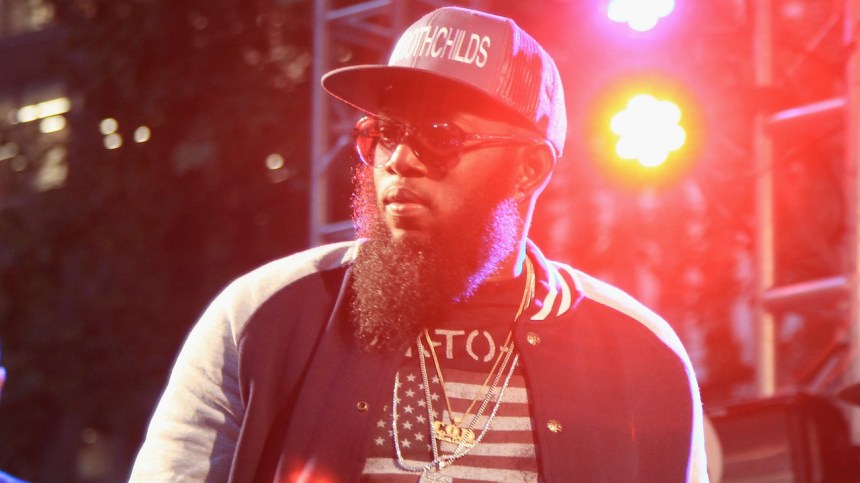
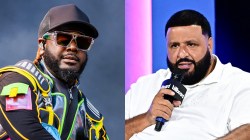
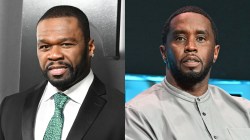
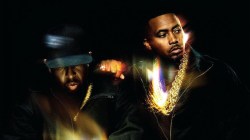
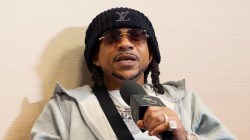



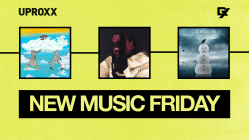
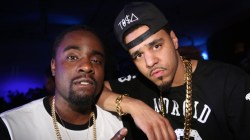

Philadelphia Freeway is an incredible album. His flow and wordplay is unique.
Half ass writer. What about ALL MY LIFE FT THE GREAT LATE NATE DOGG PRODUCED BT BINK POSSIBLY ONE OF THE BEST BEATS EVER. Full affect ft Young Chris Need buck banger. Check the whole thang Classic. Fuck that Nelly song tho. Real trapper music I lived it